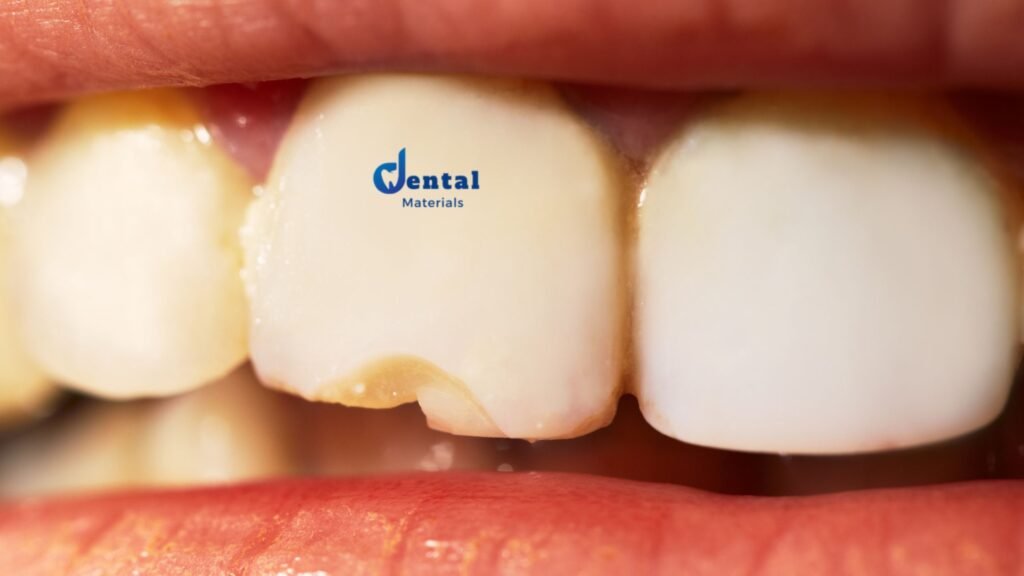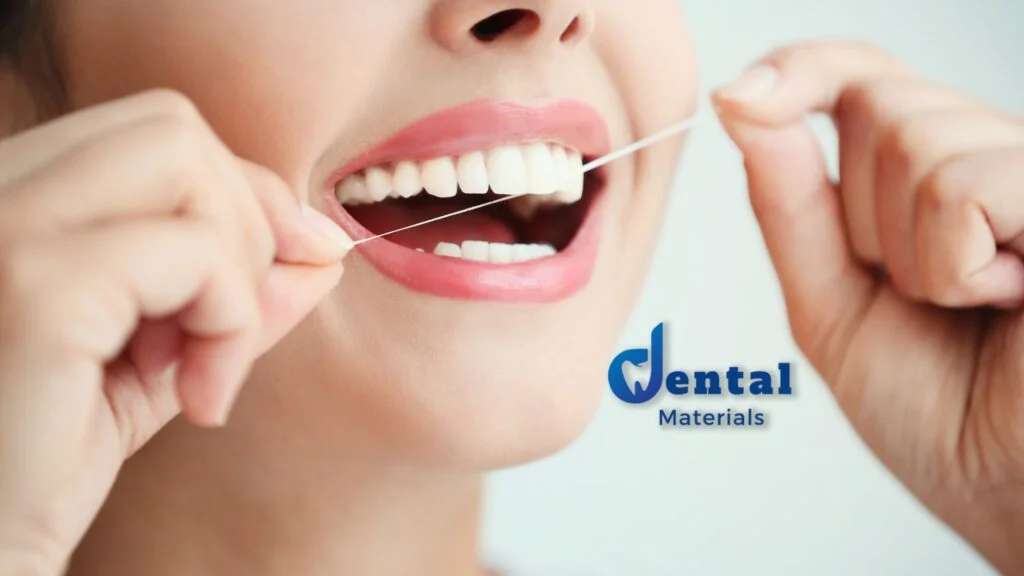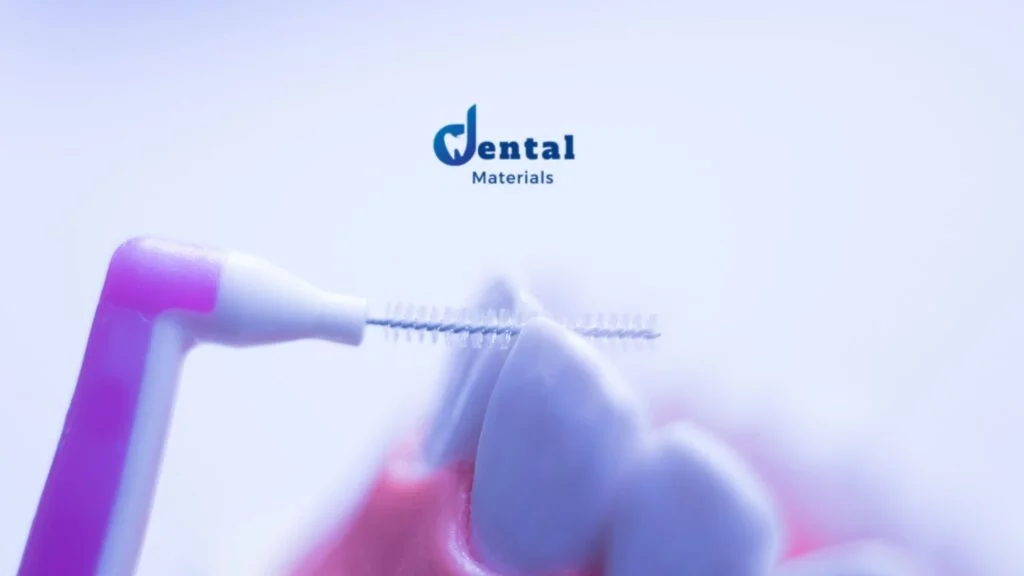If you find that one of your teeth has suddenly become sharp, it could be indicative of various dental issues. One common reason for a tooth to develop sharp edges is tooth fracture. This can occur due to factors such as trauma, biting on hard objects, or grinding your teeth. A cracked or fractured tooth may result in irregularities in its surface, leading to the perception of sharpness.
Another potential cause for the sudden sharpness in a tooth is tooth decay. If a cavity has developed and progressed, it can alter the tooth’s structure, causing sharp edges to emerge. Decay compromises the integrity of the tooth, and when left untreated, it can lead to further complications.
Worn enamel is also a factor that can contribute to the sharpness of a tooth. Over time, normal wear and tear can lead to the thinning of enamel, exposing the underlying dentin. As enamel wears down, the edges of the teeth may become sharper. Dentin is softer than enamel, and its exposure can result in heightened sensitivity.
Tips for protecting teeth
- Regular Brushing: Brush your teeth at least twice a day using fluoride toothpaste. Ensure you reach all surfaces, including the back of your teeth and your tongue, to remove plaque and bacteria.
- Floss Daily: Make flossing a daily habit to clean between teeth and along the gumline, where a toothbrush may not reach effectively. This helps prevent cavities and gum disease.
- Limit Sugary Foods and Drinks: Reduce your intake of sugary snacks and beverages. Sugar promotes the growth of bacteria that produce acids, leading to tooth decay. Opt for water or unsweetened alternatives.
- Use Fluoride Mouthwash: Incorporate a fluoride mouthwash into your oral care routine. It helps strengthen enamel and prevents cavities. Consult with your dentist to choose the right mouthwash for your needs.
- Protective Gear for Sports: If you’re involved in contact sports or activities with a risk of dental injury, wear a mouthguard. It provides a protective barrier against impacts that could damage your teeth.
- Avoid Tobacco Products: Tobacco can stain teeth, contribute to gum disease, and increase the risk of oral cancer. Quitting smoking or using tobacco products is beneficial for both oral and overall health.
- Stay Hydrated: Drinking water helps maintain saliva production, which aids in neutralizing acids and protecting teeth. It also helps wash away food particles, reducing the risk of cavities.
- Regular Dental Check-ups: Schedule routine dental check-ups and cleanings. Professional cleanings help remove plaque and tartar, and regular examinations catch potential issues early, preventing more significant problems.
- Mindful Chewing: Be cautious when chewing hard items like ice or popcorn kernels, as these can lead to cracked or chipped teeth. Additionally, avoid using your teeth as tools to open packages or bottles.
- Address Teeth Grinding: If you grind your teeth, especially during sleep, consider wearing a nightguard. This appliance protects your teeth from excessive wear and reduces the risk of jaw problems.
Treatment options for sharp teeth
| Treatment Options for Sharp Teeth | Description |
|---|---|
| Dental Bonding | Application of a tooth-colored resin to reshape and smooth the sharp edges. This cosmetic procedure enhances the tooth’s appearance and eliminates sharpness. |
| Tooth Contouring or Enameloplasty | Gently reshaping the tooth’s surface to remove sharp edges. This minimally invasive procedure is suitable for minor adjustments to improve tooth contour. |
| Dental Crowns | Placing a custom-made crown over the tooth to restore its shape and protect it from further damage. Crowns are suitable for more extensive reshaping or damage. |
| Orthodontic Treatment | In cases where sharpness is due to misalignment, orthodontic treatment, such as braces or clear aligners, can gradually reposition teeth for a more even bite. |
| Nightguards for Bruxism | If tooth sharpness results from teeth grinding (bruxism), wearing a nightguard can prevent further wear and damage by providing a protective barrier during sleep. |
| Dental Veneers | Thin porcelain shells custom-made to cover the front surface of teeth, concealing imperfections and creating a smooth, uniform appearance. |
| Dental Extraction | In severe cases, where a tooth is extensively damaged or poses a risk to oral health, extraction may be considered as a last resort. |
| Professional Dental Cleaning | Regular dental cleanings can help maintain oral health, removing plaque and tartar that may contribute to sharp edges. |
| Consultation with a Dentist | Schedule a consultation with a dentist to assess the specific cause of sharpness and determine the most appropriate treatment plan for your individual case. |




